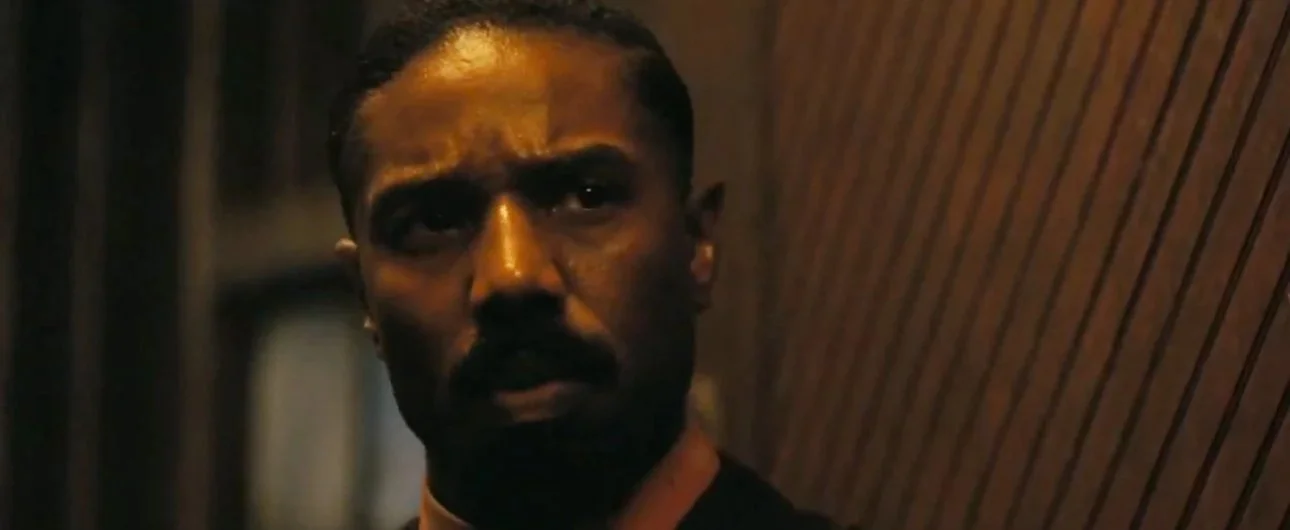I watched the 6 hours, seven episodes total, of “Tiger King: Murder, Mayhem and Madness,” a Netflix true-crime series that delves into the absurd fringe world of big cat collecting in bumblefuck rural America. Filmed over the course of 5 years, by passionate and committed filmmakers who know they’ve landed on a goldmine of footage, this compulsively watchable limited series has an abnormal amount of twists and turns, so much so that each episode stands as its own individualized story.
Eric Goode and Rebecca Chaikin’s surreal delve into this underworld starts by tackling the exotic animal business in the U.S., but their story actually has multiple layers of interwoven themes, the main one being the Tiger business in the United States. If you can believe it, close to 10,000 tigers are owned in the U.S. alone, mostly in farmhouses and amateur zoos. If you compare that to the 4,000 that live in the rest of the world, mostly in wildlife regions, you got yourself a major animal abuse problem.
The characters in “Tiger King” are, I’ll be nice, flawed individuals. There are no good people here; everyone is fairly reprehensible, but what makes the project so immaculate is that Goode and Chaikin never take sides, they just film. If anything, the thick of the drama is concentrated on the opinions and loyalties of the on-screen personalities continuously shifting as the story unfolds.
However, if there is an actual main character here, it’s Joe Exotic, the self-proclaimed “Tiger King” of Oklahoma. At first, Joe seems like your typical larger-than-life character who you often get to see in documentaries.
Joe’s boasting of having 227 cats at his farm with “another 22 coming in this week” is shocking enough, but then you get to know more about this guy and realize just how eccentric and lavish his lifestyle actually is. The openly gay Joe weds two guys at the same time, makes abnormally cheesy country music videos, openly abuses his opponents in video blogs and even manages to finish third in the Oklahoma governor’s race. His colorful, self-obsessed and over-the-top character is enough to carry the series forward, but what kicks it up a notch are the supporting characters.
Joe's opponents, especially the very sketchy Carole Baskin, another tiger owner who, by the looks of it, may have killed her millionaire husband and fed him to her animals, are just as colorful and insane as Mr. Exotic. Any other filmmakers may have fumbled this goldmine of material, but what makes the formula of “Tiger King” so winning is the fact that its directors have decided to take a highly unbiased approach. never ever taking sides, and just portraying these people as they are, leaving you to form your opinions of good and bad. And the choices of who to side with are never easy to make. At times you hate Joe for what he is doing, at times you sympathize with him, and at times you feel that the people opposing him are no good either.
However, at 7 episodes, the documentary does feel a little too overstretched, maybe an episode too long. I felt exhausted by the time it reached the climactic final hour. After a point, a lot of information gets repeated, with its final few minutes a tad too predictable.
The show has become an overnight sensation in the country, immediately rising to the "most-watched" list on Netflix. I can’t blame America. After one episode, you get hooked by the rural America world being depicted on-screen. That people such as Joe Exotic, Carole Baskin, Jeff Lowe, and others actually exist and act the way they do, is astonishing. [WTF]





